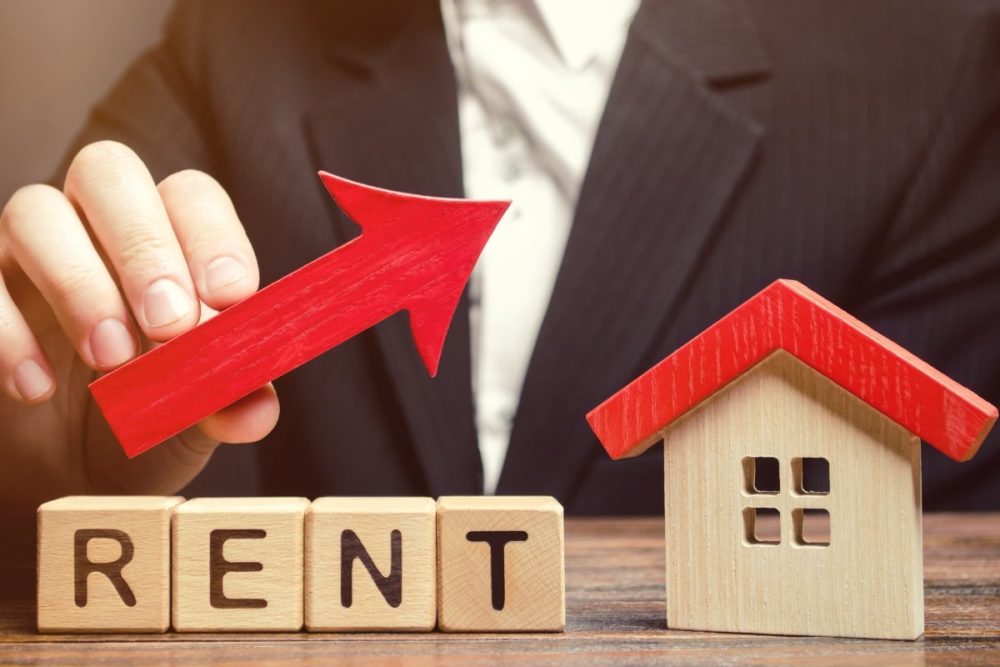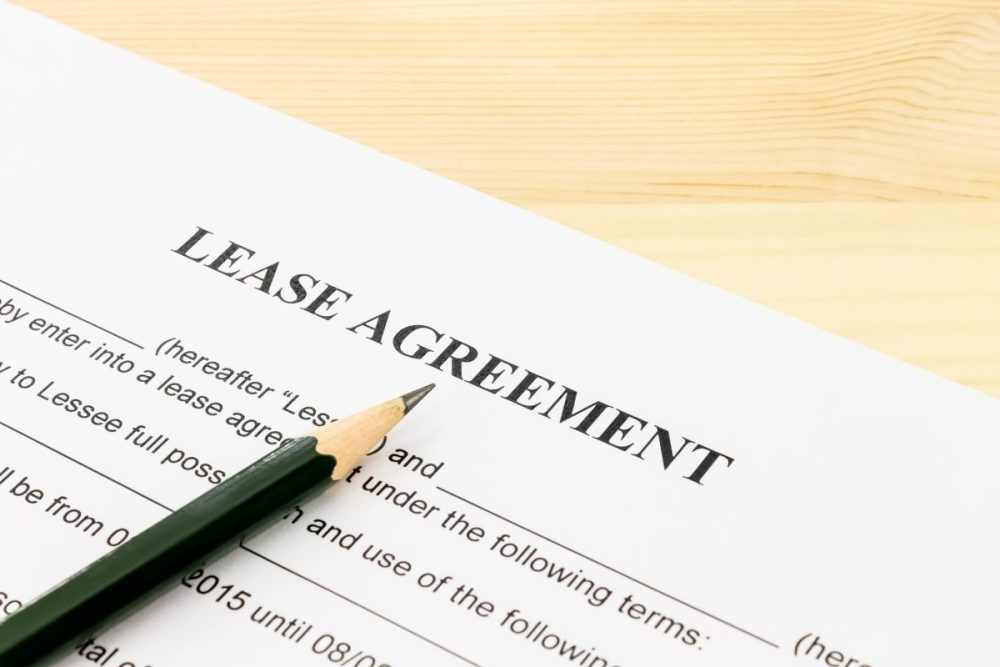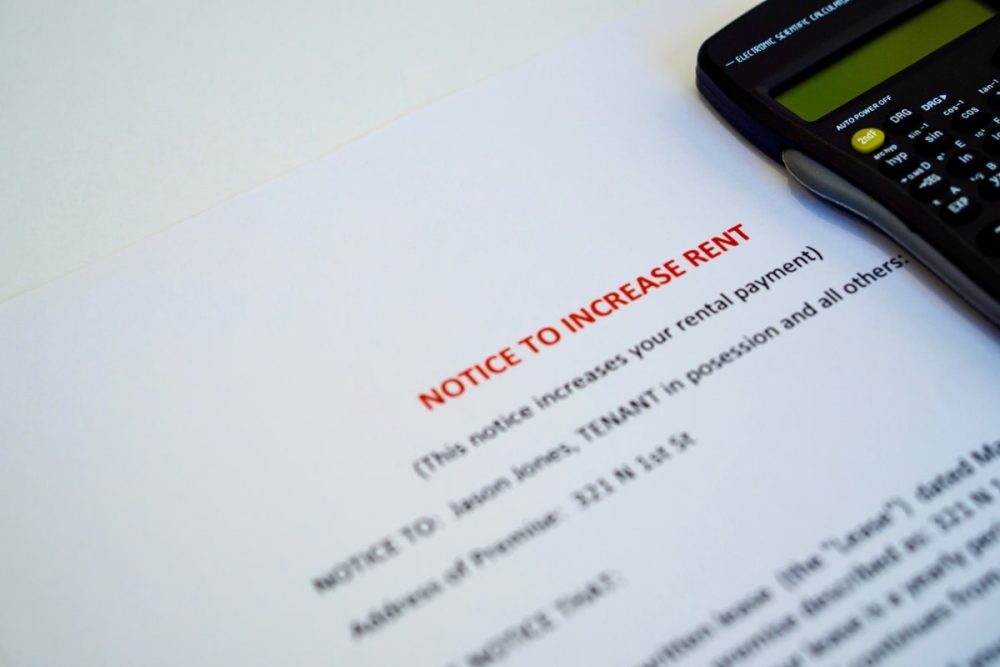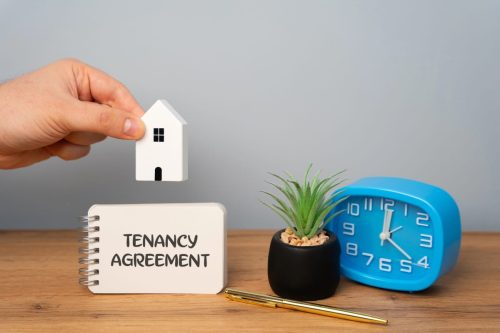As a homeowner, increasing your rent can be a necessary step to ensure that you are able to maintain your property and cover rising expenses. However, it is important to approach rent increases in a way that is fair and reasonable for both you and your tenants.
In this article, we will explore some tips for increasing your rent as a landlord.
Why increasing rent is important
As a landlord, increasing your rent can be important for several reasons.
First and foremost, increasing rent can help you cover the rising cost of property taxes, maintenance, repairs, and other expenses associated with owning and leasing a rental property.
By increasing your rent, you can ensure that you are able to cover these costs and maintain the quality of your property.
Additionally, increasing rent can help you keep up with inflation and changes in the rental market. If the demand for rental properties in your area is high, it may be appropriate to increase rent to reflect the market value of your property.
Similarly, if the cost of living in your area is rising, increasing your rent can help you keep up with these changes.
 Increasing your rent can also help you ensure that your rental property remains profitable. As a homeowner, your rental property is an investment, and it is important to ensure that your investment is generating a return.
Increasing your rent can also help you ensure that your rental property remains profitable. As a homeowner, your rental property is an investment, and it is important to ensure that your investment is generating a return.
Of course, it is important to approach rent increases in a responsible and reasonable way. Rent increases should be fair and appropriate, and should take into account the needs and circumstances of your tenants.
By increasing rent in a responsible and transparent way, you can ensure that your rental property remains profitable while also maintaining a positive relationship with your tenants.
1. Review your lease agreement

Your lease agreement should outline the terms and conditions under which you can increase your tenants’ rent.
In Western Australia, it’s important for both landlord and tenant to understand the differences between periodic and fixed-term tenancies, as the laws on rent increases differ depending on the type of residential tenancy.
Periodic tenancy:
A periodic agreement with no predetermined finish date. Periodic agreements continue until either the tenant or landlord gives the appropriate notice to end a lease. Rent increases can occur no less than every 6 months.
Fixed-term tenancy:
Fixed term agreements include a set tenancy period with specific start and finish dates. A fixed term agreement provides more security for both the tenant and landlord. Rent increases can only occur during a fixed term lease, if the lease had provisions for this and the amount and method of the rent increase documented within the terms before signing.
If your fixed-term agreement ends and you continue to rent the same property on a new agreement, the first 30 days of a new and continuing lease can only be at the old rental rate.
Make sure you review the tenancy agreement carefully to ensure that you are following the proper procedures and providing adequate notice to your tenants.
2. Provide enough notice of the increase

As a homeowner, it is important to give your tenants enough rent increase notice and know when rent can be increased. This can help them prepare financially and make any necessary adjustments to their budget.
According to the Department of Mines, Industry Regulations and Safety, if a rent increase was documented in the terms of a fixed term agreement, they can only take place no less than every 6 months after the start of the tenancy agreement and the date of the last increase.
The landlord has to also give at least 60 days notice in writing. The first 30 days of a new and continuing lease will be at the old rental rate to comply with the Residential Tenancies Act.
3. Explain the reason for the increase

When communicating rental increases to your tenants, be transparent about the reasons for the increase. Provide them with the evidence to support the increase, such as a comparative market analysis, showing recently leased properties of similar size, condition and location.
When you are upfront about the reasons for a rental increase, your tenants are more likely to see it as a necessary and reasonable step and are less likely to feel that they are being treated unfairly. This can help to maintain a positive and productive relationship between you and your tenants.
4. Consider rent negotiations

Depending on your tenants’ circumstances, they may request a negotiation on the rent increase. Be open to discussing their concerns and coming to a mutually agreeable solution.
5. Offer incentives when increasing rent
If you are increasing rent significantly, consider offering your tenants some incentives to help offset the increase. Catch up on any overdue maintenance, install improved security or freshen up the interior or exterior of the home.
How much can a landlord increase the rent?
Deciding how much to increase your rent can be a difficult decision, as you want to ensure that you are charging a fair and appropriate price that is both profitable and reasonable for your tenants.
One important factor to consider is the rental market in your area. Research the current market rents for similar properties in your area to get a sense of what a fair and competitive price would be.
If you have made improvements or upgrades to the property since the last rent increase, you may want to consider a rent appraisal to reflect the added value that these improvements bring.
Inflation is another factor to consider when deciding on a rent increase. If the cost of living in your area has risen since the last rent increase, you may need to adjust your rent to keep up with these changes.
Maintenance costs are an ongoing expense for landlords, and it is important to ensure that your rent covers these costs. If your maintenance costs have increased since the last rent increase, you may need to adjust your rent accordingly, but still ensuring the price is within the current market for the area, location, size and condition of the home.
It is also important to consider the impact of a rent increase on your tenants. If the rent increase is too high, it may lead to tenant turnover, which can be costly and disruptive.
How often should you increase your rent?
How often you should increase your rent depends on a number of factors.
In general, it is a good practice to review every 6 – 12 months. This allows you to stay up-to-date with market trends, inflation, and any changes in maintenance and improvement costs.
It also provides a consistent timeline for tenants to expect potential rent increases and budget accordingly.
However, it is important to keep in mind that each situation may be unique and may require more or less frequent rent increases.
Ultimately, the decision to increase rent and the frequency of rent increases should be made with careful consideration of your unique circumstances and goals as a homeowner.
Hire a professional property manager
Are you tired of the hassle and stress that comes with managing your rental property?
Let HKY Real Estate take the burden off your shoulders! Our team of experienced property managers will ensure that your property is always in top shape and that your tenants are happy.
With our comprehensive rental property management services, you can rest easy knowing that your investment is in good hands.
Contact us today to learn more about how a property manager can help you maximise your rental property’s potential.
Have more questions?



